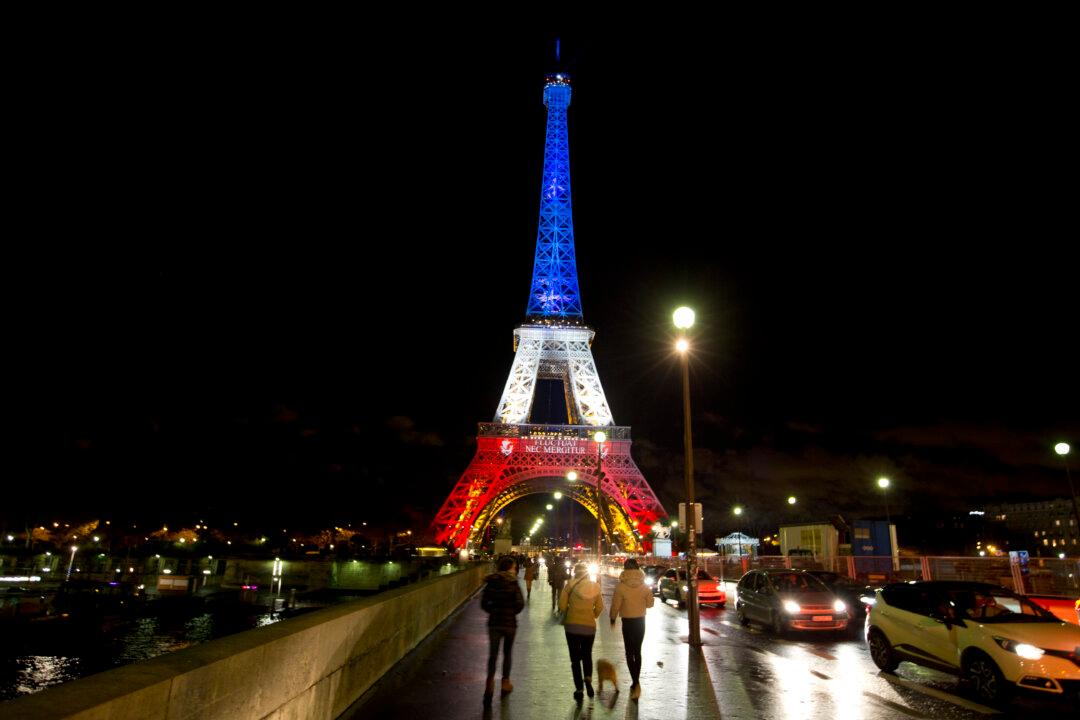THE HAGUE, Netherlands—Police, politicians and intelligence officials from more than 50 countries met Monday to discuss how to improve coordination in the fight against extremist violence and crack down on foreigners traveling to fight in conflict-torn countries like Syria and Iraq.
The meeting came two months after the Nov. 13 attacks in Paris, in which extremists took advantage of gaps in European intelligence as they plotted and executed the rampage that killed 130 people.
Dutch Foreign Minister Bert Koenders, who was chairing the meeting at European Union police organization Europol, said countries and crime fighters must build trust so they can work together far more closely.
“It is essential that our way of working matches much better that of the foreign terrorist fighters,” he told reporters ahead of the meeting of officials from the EU countries and other nations hit hard by extremists, including Somalia and Nigeria.
Salah Abdeslam and Mohamed Abrini, two fugitives in the Paris attacks, had appeared on a list of suspected Belgian extremists, but the list apparently was never widely shared.
Authorities say Abdeslam was able to crisscross Europe, pick up accomplices, rent rooms and cars, and buy detonators from a fireworks shop. He was even stopped by police and released again Nov. 14 because his name had not yet been linked to the attacks, even though he rented apartments in the Paris area and a car under his name.
Abdelhamid Abaaoud, the suspected planner of the attacks, was among the most wanted men in Europe, but French authorities were seemingly unaware until after Nov. 13 that his first cousin, with whom he was in close contact, was living in the Paris region.





